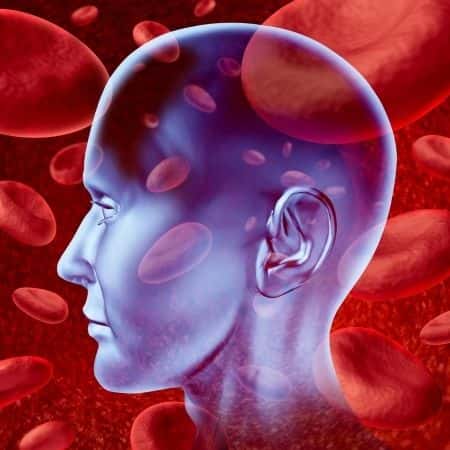Stroke Missed by Primary Care Physician After Automotive Accident
Updated on
Case Overview
This case involves a fifty-three-year-old obese male traffic police officer with a history of hypertension. While walking adjacent to the road, the officer was struck from behind by a motor vehicle traveling at ten to twelve miles/hour. He was seen by paramedics at the scene of the accident and taken to the ER where he was treated for whiplash and lacerations. Three days following the accident, he suffered a stroke. An MRI scan was performed which revealed an embolus extending from an atherosclerotic plaque in the right internal carotid artery near its origin, the carotid bulb. Embolic material was present in the right middle cerebral artery and the right anterior cerebral artery. There was no evidence of prenumbra in the superior portion of the right middle cerebral artery but there was in the inferior portion of the right middle cerebral artery. It was proposed by the treating physicians that the plaques became destabilized during the traumatic whiplash event of being struck by the vehicle, eventually causing the plaque to embolize three days later. Prior to the stroke, the man reported body ache and neck pain to his primary care physician. His primary care physician dismissed these complaints as non-emergency pain related to the accident.
Questions to the Neurology expert and their responses
Could the traumatic event have contributed to the development of a stroke in this patient?
The traumatic event could have contributed to the development of a stroke in this patient by dislodging a pre-existing plaque, however, more information about the patient’s past medical history would need to be known in order to fully assess his state of health prior to the accident. The fact that the patient reported neck pain to his primary care physician prior to the stroke may be significant here. Another possible explanation could be that the patient suffered a dissection of the carotid artery during the trauma and this is what led to the stroke.
About the expert
This absurdly well credentialed board certified neurologist has sub-specializations in neurorehabilitation, vascular neurology, and neurosonology as well as two Ph.D.s that allow him to fully comprehend the inner workings of the brain. He has over 25 years of clinical and academic experience in a variety of very prestigious positions. This expert held an assistant professorship at Albert Einstein college of medicine while serving as an attending neurologist at two area hospitals. In addition He served as the director of the stroke service and the co-director of the stroke fellowship at Montefiore medical center. He then moved on to serve as the director of the neurology residency training program at Albert Einstein College of Medicine. He is currently the director of medical student neurology clerkships, and the director of the neurovascular laboratory and fellowship program at a major university medical center as well as a professor at two prestigious medical schools where he has published a vast array of medical literature.

E-006758
Specialties:
Subscribe to our newsletter
Join our newsletter to stay up to date on legal news, insights and product updates from Expert Institute.
Sign up nowFind an expert witness near you
What State is your case in?
Subscribe to our newsletter
Join our newsletter to stay up to date on legal news, insights and product updates from Expert Institute.


